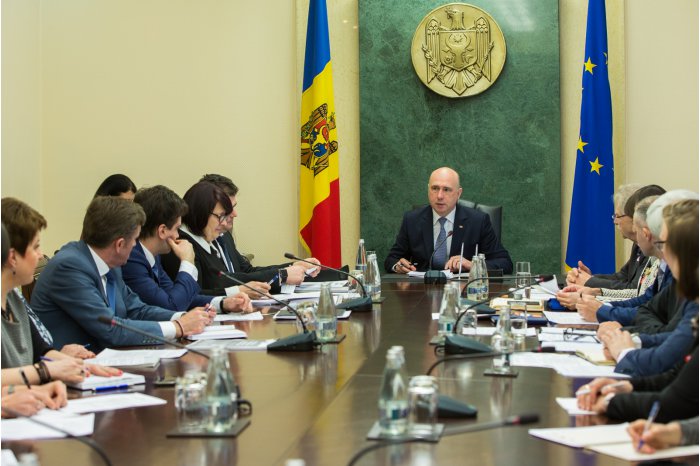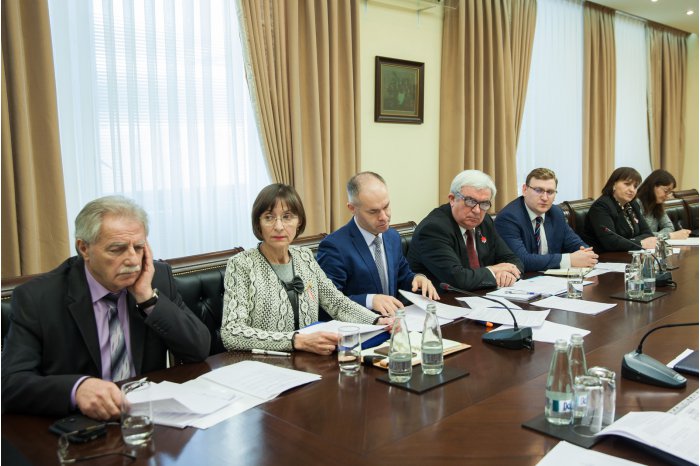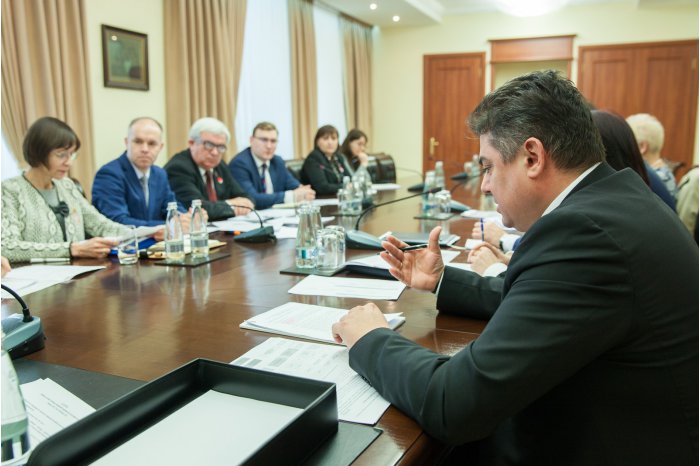Moldovan PM chairs meeting on reforming national system of research, innovation
16:22 | 07.03.2017 Category: Official
Chisinau, 7 March /MOLDPRES/ - A concept on reform of the national system of research and innovation was brought for discussion at a meeting chaired by Prime Minister Pavel Filip today. A draft on amendment and completion of the code on science and innovation was worked out jointly with Moldova’s Academy of Sciences (ASM), based on recommendations by European experts, the government’s communication and protocol department has reported.
By this reform, the government is set to optimize the system of research and innovation, especially the process of distributing budget’s allocations for projects of research and development, innovation and technological transfer and to enhance the impact of research and innovation on the national economy.
To this end, the cabinet proposes to exclude the concentration of the duties of elaboration, implementation, monitoring, evaluation of the impact of the research and development policies within a single institution, as it is at present.
Thus, the Education Ministry will deal with the working out of policies in the research sector and the Economics Ministry – in the innovation sector and technological transfer. The executive duties as concerns competitive financing, facilitating cooperation, assessing results, elaborating proposals of policies and promotion of science will be delegated to the National Agency for Research, Development and Innovation (ANCDI).
At the same time, to ensure a pertinent expertise of policies on developing science and innovation, of an unbiased inter-sectoral approach, as well as to monitor the work of ANCDI, the Council for Research, Development, Innovation and Technological Transfer under the Prime Minister will be set up. This Council will be made up of outstanding personalities from diverse fields and will be a consultative platform, which will elaborate guiding lines for the development of the research and innovation, will provide consultancy and expertise.
A novelty is also the removal of the compulsoriness of scientific accreditation and introduction of minimum criteria of performance to access budgetary financial resources, respectively, removing barriers for actors from other sectors: business and civil society to take part in research and development activities.
The reform of the national system of research and innovation will be carried out in parallel with the reform of ASM. The prime minister instructed that, in a ten-day period, the draft on the amendment and completion of the code on science and innovation should be given final touches, according to the concept discussed and agreed upon by the sides.



